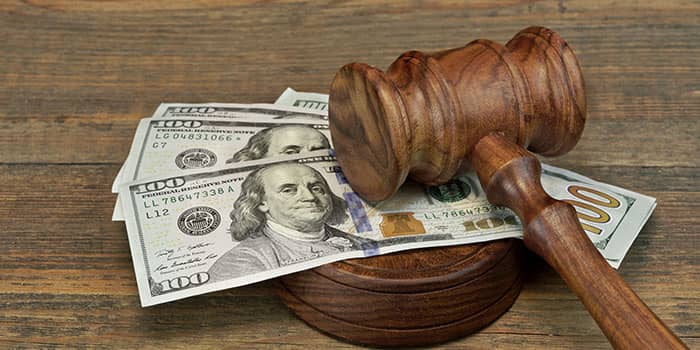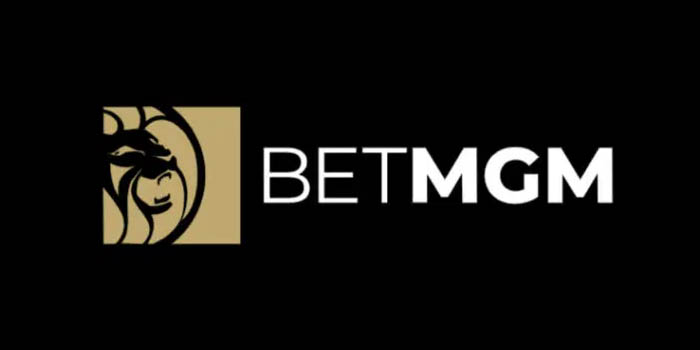- Casino
- By State
- Alabama
- Alaska
- Arizona
- Arkansas
- California
- Colorado
- Connecticut
- Delaware
- Georgia
- Florida
- Hawaii
- Idaho
- Illinois
- Indiana
- Iowa
- Kansas
- Kentucky
- Louisiana
- Maine
- Massachusetts
- Maryland
- Michigan
- Minnesota
- Mississippi
- Missouri
- Montana
- Nebraska
- Nevada
- New Hampshire
- New Jersey
- New Mexico
- New York
- North Carolina
- North Dakota
- Ohio
- Oklahoma
- Oregon
- Pennsylvania
- Rhode Island
- South Carolina
- South Dakota
- Tennessee
- Texas
- Utah
- Vermont
- Virginia
- Washington
- West Virginia
- Wisconsin
- Wyoming
- By State
- Slots
- Poker
- Sports
- Esports
Consumer Preference Shift Propels Sin Tax Revenue in the US
The growing popularity of mobile betting and expansion of legal cannabis impacts the sin tax revenue across the country, suggests a new report

For years, the United States has benefitted from taxes on alcoholic beverages and cigarettes. Casino gambling and more recently, sports betting, iGaming and cannabis taxes also help generate billions of annual taxes across the country. And while some US states still have strict laws for sports betting and cannabis products, many have already legalized the activities and benefit from their regulation.
For example, nearly 40 states offer legal sports wagering. This became possible thanks to a US Supreme Court decision dating back to 2018 when PASPA (the Professional and Amateur Sports Protection Act) was struck down. The legalization of cannabis across the country also picked up speed over the last few years, although on a smaller scale than sports betting. As a result, by now, more than two dozen US states have legalized cannabis.
Known as “sin taxes,” the revenue derived from each of the aforementioned activities contributes to the budgets of different US states. Now, in a new report, Moody’s Investors Service highlighted the importance of the sin taxes that continue to evolve together with the preferences of the consumers.
A couple of decades ago, taxes on tobacco and tobacco products, as well as alcohol and casino gambling helped generate significant proceeds. While states continue to tax such products, emerging trends such as the increasing popularity of sports betting pushed more lawmakers into legalizing and taxing the activity in the post-PASPA era.
“Shifting consumer preferences, especially related to alcohol and tobacco, will continue to influence the amount of tax revenue governments can generate,“
reads a report released by Moody’s Investors Service
Betting Continues to Generate Tax Revenue
Moody’s explained that some US states impose hefty taxes on the gross gaming revenue reported by licensed sports betting operators. For example, in New York, which is a major betting market, online sportsbooks are subject to a whopping 51% tax on their revenues.
In nearby Pennsylvania, sportsbooks are subject to a 36% tax on their revenues, while Michigan is at the lower end of the tax rate, imposing a 9.65% tax for online sportsbooks. Still, the leading rating agency acknowledged that some states allow betting operators to deduct costs such as promotions for example.
Moody’s wrote about the ongoing expansion and popularity of mobile wagering on sports. According to the company, gambling operators have identified the potential of this expansion which is a prime reason for their continuous investment in mobile gaming technology.
Jerome brings a wealth of journalistic experience within the iGaming sector. His interest in the industry began after graduating from college, where he regularly participated in local poker tournaments. This exposure led him to the growing popularity of online poker and casino rooms. Jerome now channels all the knowledge he's accrued to fuel his passion for journalism, providing our team with the latest scoops online.
Must Read

















